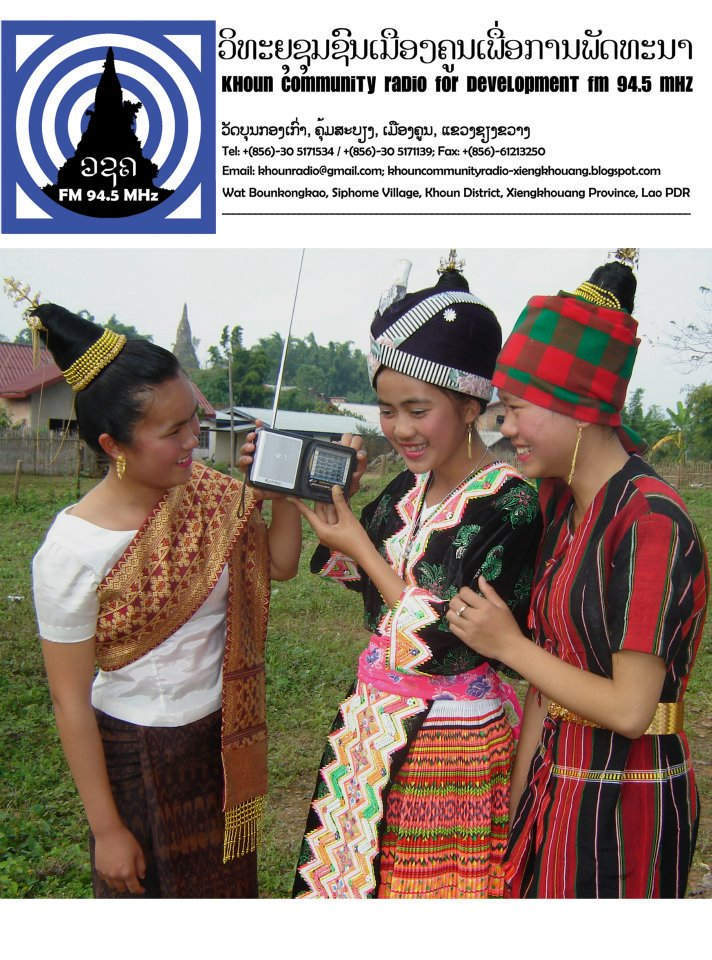Peter Westman had an eventful start to his internship at FrontlineSMS, as his first day coincided with what was one of the most eventful days in the FrontlineSMS:Radio calendar so far: the inaugural World Radio Day. Here, Peter shares his thoughts on an event organized in London and the opportunity to reflect on the power of radio.
By Peter Westman, Radio Project Assistant
This past Monday 13th February a packed lecture theatre at the School of Oriental and African Studies (SOAS), University of London (UK), helped get the first World Radio Day off to a flying start. World Radio Day marks a unique opportunity to reflect on radio’s importance as an information source and its ability to reach remote and marginalized communities. Alongside SOAS Radio, Lifeline Energy and Empowerhouse, FrontlineSMS:Radio co-organized an event which focused on “New Perspectives on Traditional Radio,” adding London to the global celebrations taking place from Australia to Guatemala, from Bangladesh to Zambia.
Opening the event in London, Guy Berger, the Director for Freedom of Expression and Media Development at UNESCO, explained his belief that: “Radio isn’t just a platform; it’s a social institution.” Offering a moving account about growing up in apartheid South Africa, Guy explained how “Radio Freedom,” broadcast by the African National Congress in Zambia, acted as a voice for resistance and a tool for building communities from the 1970s and through the 1990s.
As I start my role as Radio Project Assistant at FrontlineSMS, I have been struck by the use of radio as a tool for freedom of expression. Despite the tremendous amount of attention given to ICTs centered around the internet, radio remains one of the most pervasive, immediate, and affordable sources of information for many people worldwide. We heard during Monday’s event that while 65% of the world's 7 billion people do not use the internet, 75% of people in economically developing do countries have access to a radio.
FrontlineSMS’ Amy O'Donnell explained how mobile technologies and SMS are changing the way that radio stations are able to encourage audience interaction and participation. Listeners are increasingly being invited to guide and generate content via tools already in their hands: mobile phones. It was so exciting to get an sneak peek at the new FrontlineSMS:Radio software, a tailored version of FrontlineSMS optimized for use in radio stations. One highlight was the way the software allows DJs to poll listeners and receive replies via SMS, allowing a far greater share of the audience to express their opinion during the limited airtime of a radio program. Amy explained how the data collected helps stations to learn about their audience and accordingly act in a responsive manner, such as producing more relevant, local content.
I was particularly impressed by the diversity of the academics, practitioners, and developers represented at the event. Participants included Lifeline Energy, an NGO that provides wind-up and solar powered radios to vulnerable populations for group listening, as well as Empowerhouse, which offers online training for Community Radio stations and support with evaluation and impact assessment.
I was also struck by a presentation from Dr Chege Githiora (Director of the Centre for African Studies at SOAS) who noted that the central role which radio plays in preserving and reviving local languages and dialects. Another presenter, Director of SOAS Radio Carlos Chirinos’ called for greater involvement by universities in connecting the local and global in radio, particularly with respect to academic and vocational training. Given the variety of stakeholders involved in radio, this seems important going forward.
Linje Manyozo, a lecturer in Media, Communication, and Development at the LSE, closed the session on a meaningful note as he recalled that during his childhood in Malawi, “I felt empowered because of the information on the radio...Radio provides opportunities for grassroots communities to challenge dominant narratives.”
Thanks to everyone involved with World Radio Day for making it such a special event! Check out some of the recent coverage about the use of FrontlineSMS in the context of radio on The Guardian Poverty Matters Blog and BBC Click Radio.
To catch up on everything that happened, you can find us on Facebook http://www.facebook.com/WorldRadioDay or follow us on Twitter @worldradioday (hashtag #worldradioday).
If you’d like to get involved in organizing events in the future or just want to stay up to date, join our Google group. Let’s make next year’s World Radio Day even bigger and better!






